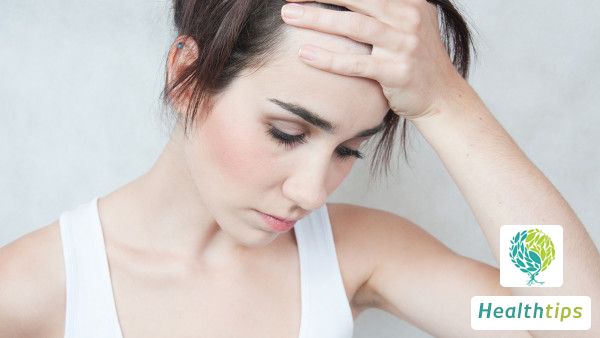Mania and depression are two different mental illnesses.Although both are related to emotional fluctuations, their pathogenesis, clinical manifestations, and treatment methods are all different.Mania is mainly manifested as elevated emotions, excitability, and abundant energy.Patients often feel excited, happy, or overly confident, and may exhibit impulsive behavior. In this case, they may appear overly active, talk excessively, or make some risky behaviors. However, there is often an unstable emotional state behind these symptoms, which may turn into depression or other negative emotions at any time.Depression, on the other hand, is a contrasting emotional experience.It is usually accompanied by negative emotions such as sadness, despair, and helplessness. Loss of interest, weight changes, sleep disorders, and other physical discomforts are common symptoms among patients. Compared to mania, the symptoms of depression are more persistent and severe, having a greater impact on daily life.Although there may be some overlap between these two illnesses, such as both involving emotional fluctuations, their essential difference lies in the direction and intensity of emotional states.Mania does not directly turn into depression. If a person has had mania, they may still experience other forms of mental health issues in the future, including depression.For those who suspect they may have mania or depression, it is recommended to seek help from a professional doctor for diagnosis and treatment.Only through professional assessment and treatment can the correct diagnosis be determined and appropriate help and support be obtained.


